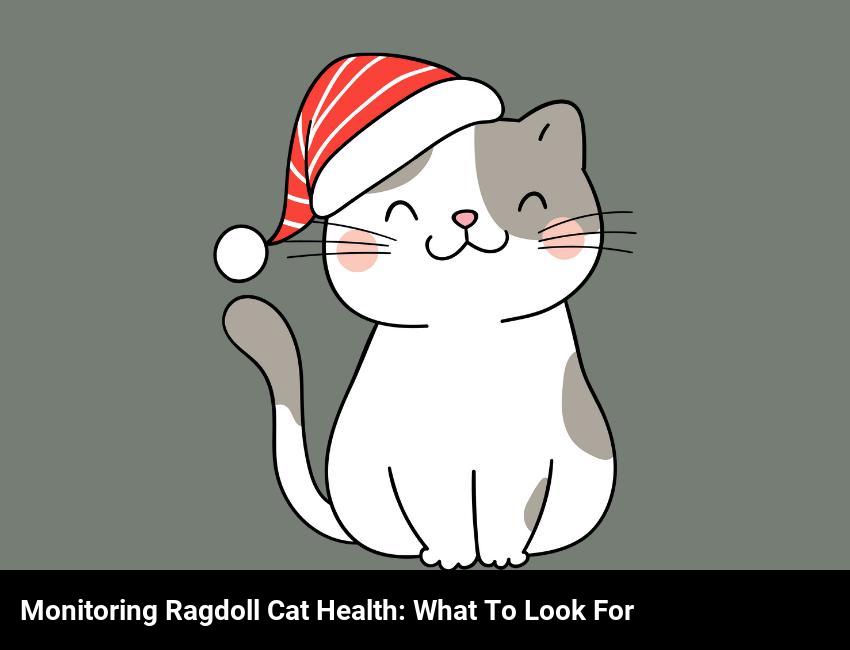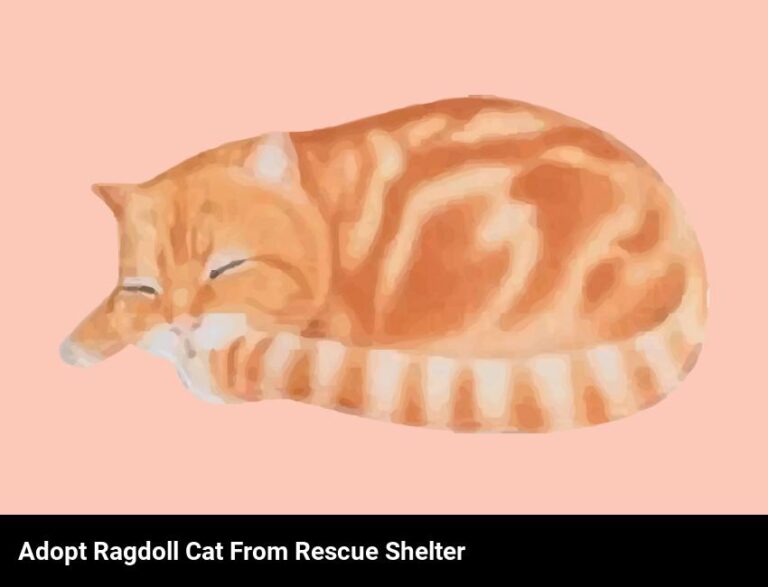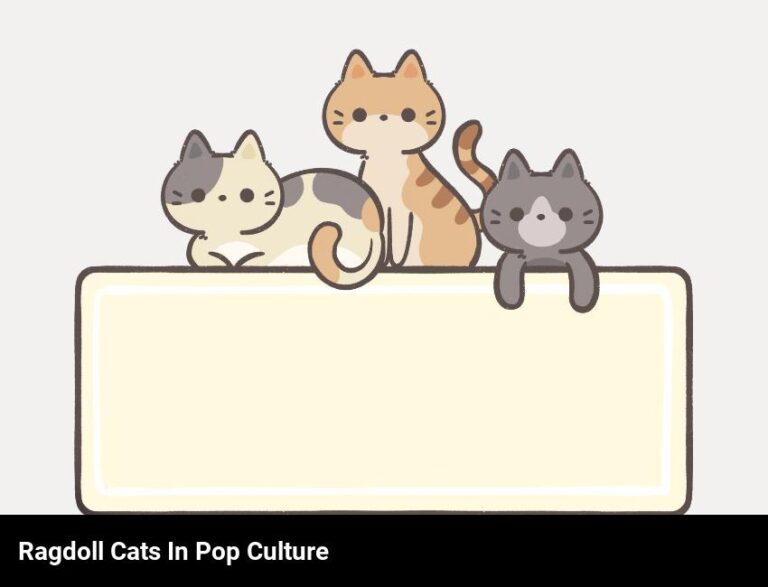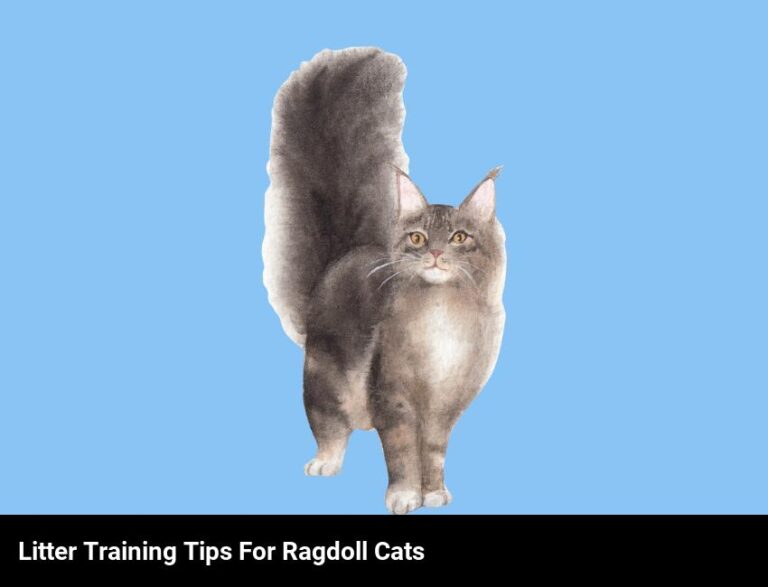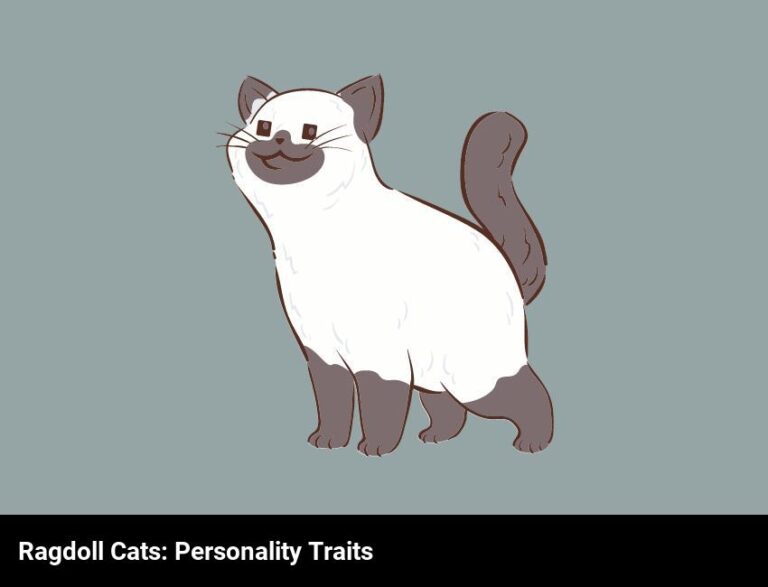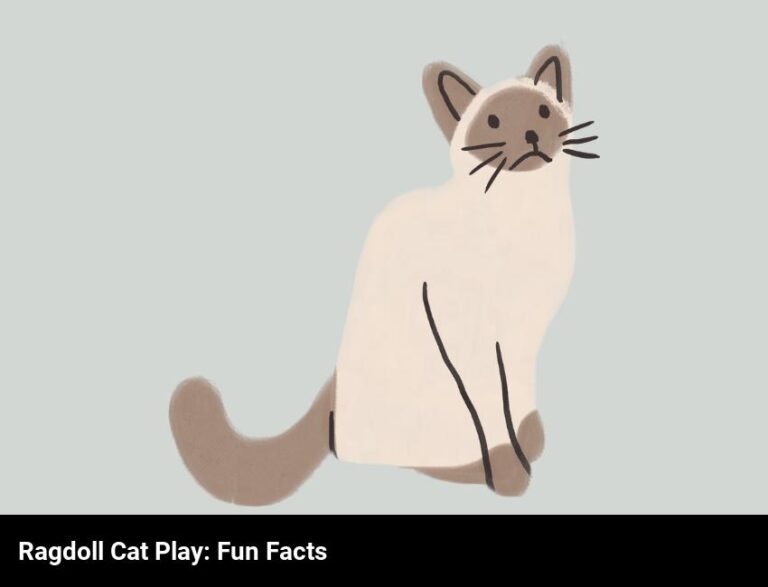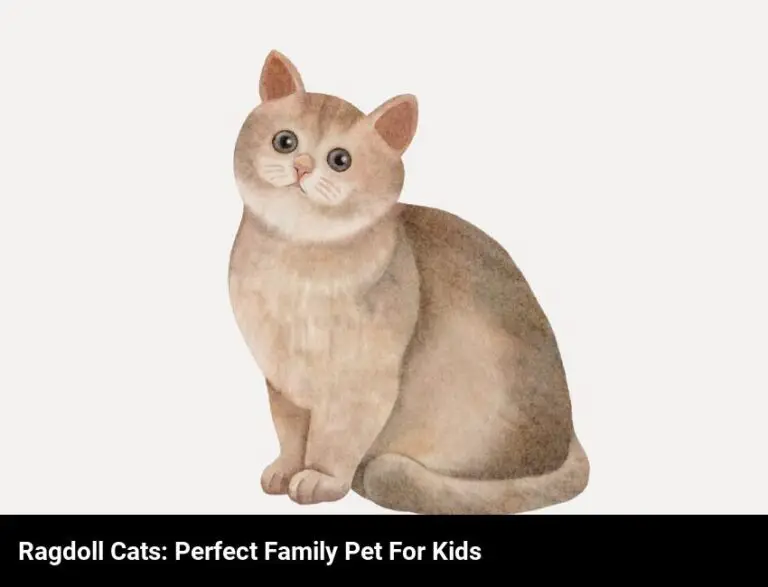Ragdoll Cat Health: What To Look For And Monitor
Ragdoll cats are generally healthy, but it is important to closely monitor their eyes and joints. Regular checkups with the vet are recommended to detect any potential health issues. It is also important to keep up with vaccinations and parasite prevention.
As an owner of a Ragdoll cat myself, I can tell you that these felines are some of the most lovable and affectionate cats around. Not only are they incredibly beautiful, but they are also incredibly healthy. However, that doesn’t mean that Ragdoll cats don’t require special care and attention to remain healthy. Here, I’ll discuss what to look for and monitor when it comes to Ragdoll cat health.
From understanding the common health issues that Ragdoll cats may face to the types of veterinary care they should receive and how to choose a reputable breeder – I’ll share all the tips and advice I’ve learnt over the years. I’ll also go over the benefits and drawbacks of owning a Ragdoll cat so you can make an informed decision.
What are the common health issues with ragdoll cats?
If you’re considering adopting a Ragdoll cat, it’s important to know about some of the health issues they may face. While Ragdolls are generally healthy cats, there are some common health concerns that pet owners should be aware of before bringing one home.
One of the most common health issues with Ragdolls is the risk of developing heart disease. This is because of their weight, as Ragdolls are typically large cats. To prevent this, it’s important to keep your cat at a healthy weight. Regular exercise and a balanced diet can help keep your cat healthy and fit.
Another common health issue is urinary tract infections. These can be caused by a variety of factors, including an unhealthy diet, lack of exercise, or even stress. Regular vet visits are essential for keeping your Ragdoll cat healthy and making sure that any potential infections are quickly treated.
Ragdoll cats are also prone to developing skin allergies. If your cat is scratching more than normal, it could be a sign of an allergic reaction. These can be caused by a variety of things, from pollen to certain foods, so it’s important to stay on top of any potential allergies.
Finally, Ragdoll cats can be prone to developing dental problems, such as plaque buildup and gingivitis. Regular brushing can help keep your cat’s teeth healthy and prevent any dental issues.
By keeping an eye on your Ragdoll cat’s health and visiting the vet regularly, you can help ensure that your cat is healthy and happy. Knowing what to look out for and how to prevent common health issues can help keep your cat healthy and happy for years to come.
How to feed your ragdoll cat properly?
Feeding your Ragdoll cat properly is a critical factor for their health and longevity. Here’s how to do it right:
- Feed your Ragdoll cat a high-quality diet that is specifically formulated for their age and activity level, such as kitten, adult, and senior.
- Get the right amount of nutrients. A balanced diet should contain a combination of proteins, fats, and carbohydrates, as well as vitamins and minerals. Talk to your vet if you need help finding the right diet.
- Provide fresh, clean water at all times. Dehydration can be very dangerous for cats, so make sure there’s always plenty of water available.
- Avoid overfeeding or underfeeding. Keeping food available at all times can lead to overeating, which can cause health problems. Make sure your cat isn’t eating too much or too little.
- Offer a variety of protein sources. Meat, fish, eggs, and dairy are all excellent sources of protein for cats.
- Supplement with fatty acids. Omega-3 and omega-6 fatty acids are important for cats’ health, so consider adding a supplement to their diet.
- Feed multiple times a day. Cats are grazers and prefer to eat multiple small meals throughout the day. This keeps their energy levels up and helps them digest their food more easily.
- Monitor their weight. Being overweight or underweight can have serious consequences, so keep an eye on your Ragdoll’s weight and adjust their diet accordingly.
Following these tips will help ensure that your Ragdoll cat has a healthy and happy life.
How to choose a ragdoll cat breeder?
If you are considering getting a Ragdoll cat, you’ll want to make sure that you choose a reputable and responsible breeder. Here are some key points to keep in mind when looking for the right Ragdoll cat breeder:
- Research: Start your search by researching breeders in your area. Look for good reviews and ask around for recommendations. Make sure that the breeder is a member of a reputable organization such as the Cat Fanciers Association.
- Visit: Once you’ve found a breeder you’re interested in, arrange to visit them and their cats. Take a look around and observe how the cats are being cared for. Ask questions about their health and look out for any signs of neglect or abuse.
- Health Records: Ask for the breeder’s health records and make sure that the cats have been tested for inherited diseases and conditions.
- Vaccinations: Ensure that the cats have been vaccinated and that the breeder follows a regular schedule for deworming and flea treatments.
- Contract: Make sure that you have a written contract and all relevant paperwork before you commit to purchasing a Ragdoll cat.
By following these steps, you can be sure that you’ve chosen a responsible and reputable breeder, and that your Ragdoll cat is healthy and ready to join your family.
What are the benefits and drawbacks of owning a ragdoll cat?
Owning a Ragdoll cat certainly has its advantages and disadvantages. Here’s a look at what you should expect if you become the proud owner of a Ragdoll:
Benefits:
- They are mild-mannered, sweet-natured, and affectionate cats who want nothing more than to cuddle, spend time with you, and follow you around the house.
- They can often be trained easily to do simple tricks, such as coming when called or fetching a toy.
- Ragdolls are very laid back and can fit into almost any lifestyle without much fuss.
- They have low-shedding fur which is easy to maintain with regular brushing.
Drawbacks:
- They can be quite vocal and may not be the best choice for those who prefer a quiet home.
- Ragdolls can be prone to gaining weight if overfed, so you’ll need to watch their diet carefully.
- They require regular grooming to keep their fur in top condition.
- The price tag for Ragdolls can be quite steep, so you’ll need to be prepared to make a sizable investment.
How can you monitor your ragdoll cat’s health?
Monitoring your Ragdoll cat’s health is important to ensure their wellbeing and to catch any potential illnesses early. Here are some tips for keeping an eye on your feline friend’s health:
- Schedule Regular Vet Visits: It’s important to take your Ragdoll cat to the vet annually for checkups. Your vet can perform a physical exam and make sure your cat is healthy and up to date on vaccinations.
- Look for Changes in Appetite and Weight: Changes in your cat’s appetite or weight can be an indication of an underlying health problem. If you notice your Ragdoll cat is eating less than usual, or has lost weight, contact your veterinarian.
- Watch for Behavioral Changes: Any changes in your cat’s behavior can be a sign of a health issue. If your usually active and playful cat is sleeping more than usual, or becomes lethargic, it could be a sign of an illness or injury.
- Monitor Litter Box Habits: Pay attention to your Ragdoll cat’s litter box habits. If you notice your cat is having difficulty using the litter box, or is eliminating outside of the box, contact your veterinarian.
- Check for Vomiting and Diarrhea: If you notice your cat is vomiting or has diarrhea, contact your veterinarian right away.
By following these tips and paying close attention to your cat’s health, you will be able to catch any potential illnesses early and ensure your Ragdoll cat remains healthy and happy.
What are the signs of good health in a ragdoll cat?
When it comes to Ragdoll cats, there are many signs of good health that you should look out for. If your Ragdoll is in good health, their coat should be shiny and have a nice texture. They should also have a healthy appetite and be active and playful. In addition, their eyes should be bright and clear, and their ears should be clean and free of any discharge.
Another sign of good health in a Ragdoll cat is that their litter box habits should be regular. You should also be able to feel their ribs without too much difficulty, as this indicates that they are a healthy weight. Finally, if your Ragdoll is in good health, you should be able to hear them purring often, as this is a sign that they are content and comfortable.
If you notice any of these signs of good health in your Ragdoll cat, you should be sure to keep an eye on them and monitor any changes in their behavior. If you notice anything out of the ordinary, it is important to contact your veterinarian right away. By doing so, you can ensure that your Ragdoll cat remains healthy and happy for many years to come.
What types of veterinary care should ragdoll cats receive?
When it comes to Ragdoll cats, it’s important to provide them with the best possible care. Here’s what you need to know about the types of veterinary care your Ragdoll cat should receive.
Regular check-ups are an important part of keeping your Ragdoll cat healthy. Make sure to take them to the vet at least once a year for a full physical exam. This is a great way to catch any potential health issues early on, so they can be treated right away.
Vaccinations are also important for Ragdoll cats. Make sure your vet is up to date on the most recent vaccines and that your Ragdoll cat is receiving all the necessary shots. Vaccines will help keep them safe from potentially deadly diseases.
If you think your Ragdoll cat is showing signs of any type of illness, take them to the vet right away. Don’t wait until they get worse, as this could put them in danger. It’s also important to make sure your Ragdoll cat is spayed or neutered. This will help keep them healthy, as well as help prevent unwanted litters.
Finally, it’s important to stay on top of flea and tick prevention. Ask your vet for the best product for your Ragdoll cat to use. This will help keep them safe from pesky parasites.
By following these tips and making sure your Ragdoll cat receives the proper veterinary care, you can help keep them healthy and happy for years to come.
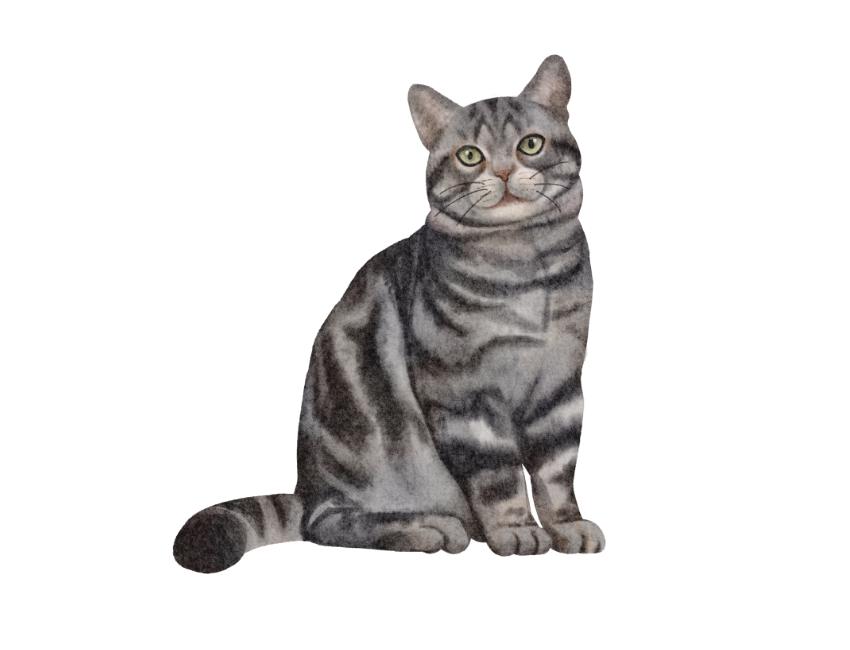
Frequently Asked Questions
What type of environment is best for ragdoll cats?
Ragdoll cats are best suited for a calm, secure, and clean environment. They need to be kept indoors as much as possible and should have access to scratching posts and toys to keep them active. Additionally, they should have access to fresh, clean water and a nutritious diet.
What signs should you look for that may indicate a health issue in ragdoll cats?
When observing your Ragdoll cat, look for signs of a health issue. Common indications include loss of appetite, weight loss, excessive grooming, changes in behaviour, discharge from eyes or nose, coughing, sneezing, and vomiting. Also, monitor your cat’s energy levels and contact your veterinarian if any of these signs are noticed.
How often should you take your ragdoll cat for a checkup?
It is recommended that you take your Ragdoll cat for a checkup at least once a year. During the checkup, your vet will examine your cat for any health issues and will also provide them with any necessary vaccinations. Regular checkups are the best way to ensure that your Ragdoll cat remains in good health.
What nutrition do ragdoll cats need to stay healthy?
Ragdoll cats need a diet that is high in proteins, fats, and other nutrients to stay healthy. They should be fed a balanced diet of wet and dry food, supplemented with occasional treats. Make sure to feed them food that is specifically formulated for cats, as other types of food can cause health problems. Additionally, Ragdoll cats need plenty of fresh water, and regular access to clean litter and scratching posts.
What are the benefits of providing regular exercise for a ragdoll cat?
Providing regular exercise for a Ragdoll cat has many benefits. Exercise helps improve the cat’s physical and mental health, reducing the risk of obesity and improving their cardiovascular system. It can also help to reduce stress and keep them mentally stimulated. Additionally, providing regular exercise can help your Ragdoll cat to maintain an optimal weight, as well as strengthening their bones and joints.

